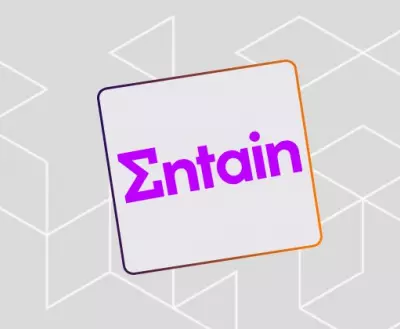
Approaches to gambling regulation have tended to move cyclically, swinging from illiberal restrictions, to increasing freedoms, and back again. As political tides ebb and flow, gambling has often been caught in the sights of regulators, and in recent months the rhetoric from some UK news outlets in particular has been becoming ever more overblown.
This week comes confirmation of a possible changing regulatory mood in the UK, fresh on the heels of similar moves in other countries like Australia. The UK’s official opposition, the Labour Party, has announced plans for a new policy at their annual conference in Brighton this week, which would seek to introduce a compulsory levy on some gambling operators to fund treatment for gambling addiction.
The current far-left leadership will announce the policy proposal to delegates on Tuesday, with Deputy Leader Tom Watson building on his previous comments about the dangers of gambling to announce the new policy approach.
Watson was previously quoted as suggesting gambling was as dangerous to health as smoking, an opinion that earned him the ire of both gambling operators and health commentators.
The plan would force operators to contribute an additional tax, levied to provide support to the National Health Service, part of Watson’s calls to compel gambling operators to take more responsibility for problem gamblers.
The policy could also seek to ban gambling operators from football sponsorship and some other forms of advertising, while dramatically reducing the maximum stake on FOBTs from the current 100.00 limit down to just 2.00.
According to briefed excerpts from Watson’s speech, UK operators have failed to live up to the voluntary thresholds set by GambleAware, the industry-sponsored organisation tasked with raising the profile of problem gambling.
Earlier this year, GambleAware announced its funding for the year had topped 8 million, up 10% on funding from the previous year. While operators have no legal obligation at present to contribute to the campaign, these voluntary contributions represent extensive funding from the industry, and commentators assert this as evidence of operators taking their responsibilities seriously.
However, the level of funding falls short of the 10 million target set by GambleAware, and the group’s CEO Marc Etches has recommended operators contribute more this year if they want to avoid a GambleAware endorsement of a change in policy approach.
The Labour Party in government under Prime Minister Tony Blair heralded a new wave of liberal gambling laws, lifting traditional restrictions on advertising and gambling operators, and even sanctioning the licensing of so-called ‘super casinos’.
However, now in opposition, the party appears to be adopting a more aggressive, oppressive stance to the industry, which would no doubt hamstring operators still further.
According to Watson’s speech, the party will “assess the feasibility of making the gambling industry pay a compulsory levy to fund National Health Service treatment and help lift problem gamblers out of the destructive cycle of addiction”.
This follows off the back of comments from the newly appointed chief of the Advertising Standards Authority, who said that the gambling sector is “perhaps not as regulated as it should be”.
While this appears to signal a wider shift in mood across some UK institutions towards restricting legitimate gambling operators, there is still no imminent threat of a change in the law. The current Conservative government, re-elected in June of this year for a further 5 year term, has no plans to overhaul gambling regulation further.
Nevertheless, operators will feel under increased suspicion, with some politicians clearly seeing electoral advantage in attacking gambling operators. In what has been for some time a civilised, open market for operators, these forces should be resisted, however noble the cause of problem gambling, from unfairly targeting legitimate operators, the majority of whom already voluntarily contribute to addressing gambling problems where they arise.








